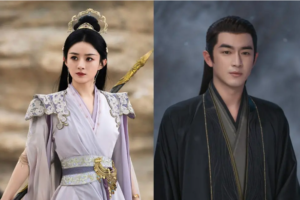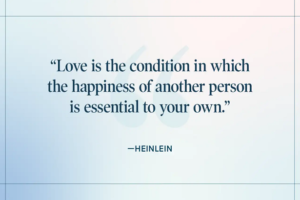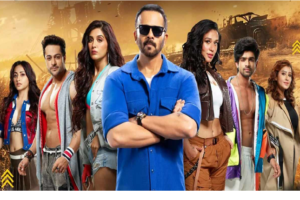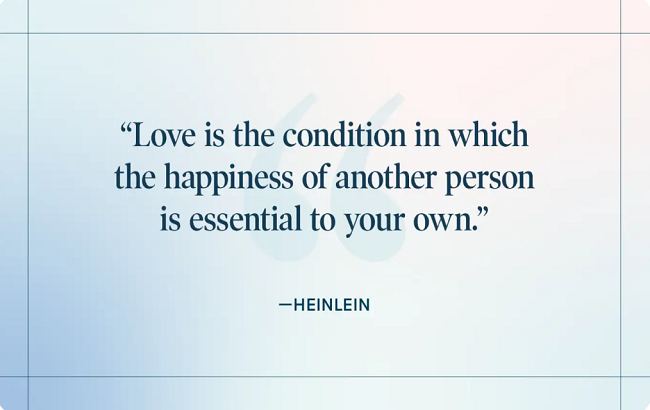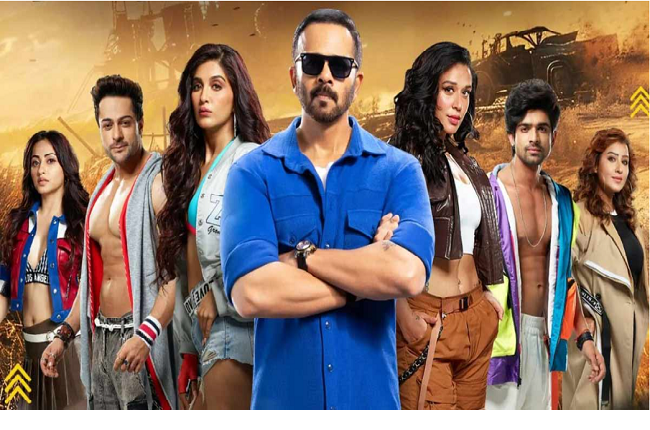The entertainment sector is not an exception to the way social media has fundamentally changed how we engage with and consume material. The popularity of websites like Twitter, Instagram, TikTok, and YouTube has changed how individuals interact with entertainment content on social media, from how they find it to how they share it with others. The entertainment industry has undergone a paradigm shift as a result, and content producers, marketers, and consumers have all had to adjust.
We’ll look at how social networking is affecting the US entertainment market in this blog post. We will examine how social media affects traditional media outlets, marketing plans, and content development. Along with the democratisation of content creation and the new opportunities and difficulties that result from it, we will also look at the emergence of influencers and how they are influencing the industry. Finally, we’ll talk about social media’s role in the entertainment sector going forward and any prospective changes that might happen.
Read on if you’re interested in learning how social media is influencing the entertainment sector and what this implies for marketers, content producers, and fans alike. Whether you enjoy watching TV, listening to music, playing video games, or seeing films, this post will offer you a thorough grasp of how social media is altering the US entertainment industry. Who knows, it might even motivate you to start producing your own material and join the movement!
Social media’s effects on the entertainment sector
Social media has entirely changed how individuals connect with and consume entertainment content. People now have greater access to entertainment than ever thanks to social media, which includes YouTube, TikTok, and streaming services like Netflix and Hulu. Social media has changed the scene for both content producers and consumers by making it quick and simple to share and discover material.
Positively, social media has fostered a closer, more immediate connection between content producers and their audience. Additionally, it has made it possible for smaller, independent creators to expand their reach and create their own platforms. Social media has increased competition in the media landscape, making it increasingly difficult for traditional media outlets to compete. There is also the problem of false information and its dissemination, which can have negative repercussions on the sector and society at large. Overall, social media has a complex and multidimensional impact on the US entertainment business, with both advantages and disadvantages.
Influencers are more prevalent thanks to social media
A new generation of influencers on social media is now some of the most powerful voices in the entertainment business. Anyone with a distinctive viewpoint and a dedicated following may become an influencer thanks to sites like Instagram and YouTube. Influencers have a big impact on the entertainment business because they may influence what people watch and what they buy.
Influencers frequently work with brands and other content producers, offering them a platform to advertise products and reach new audiences. They can forge close relationships with their supporters and create a strong community. Influencers may advocate ideas or items that are at odds with their principles or the interests of their audience, which makes their influence problematic. Overall, the democratisation of content creation and the growing significance of social media in people’s lives are to blame for the emergence of influencers in the US entertainment business.
The evolving marketing and advertising landscape
The entertainment sector in the USA has seen a radical change as a result of social networking. Social media has made it simpler for marketers to reach their chosen audience because they can target specific audiences based on their interests and behaviours. Additionally, it has given marketers additional chances to interact with customers through influencer marketing and sponsored content.
However, this change in marketing tactics has also brought about new difficulties. It can be challenging for brands to stand out and efficiently reach their target audience on social media due to the volume of material that is presented there. Additionally, there is the problem of ad fatigue, which occurs when users of social media are overloaded with advertisements. The ethics of influencer marketing are also a subject of increasing debate, particularly with relation to disclosure and transparency. Overall, the growing significance of social media in people’s lives has changed the landscape of marketing and advertising in the US entertainment sector, which brings new opportunities as well as problems for brands and marketers.
Democratisation of the content-creation process
Social media has democratised content creation in the US entertainment sector, giving more voices and viewpoints from all backgrounds a chance to be heard. Anyone with a distinctive viewpoint and artistic talent can make and distribute material with a potentially global audience thanks to platforms like YouTube and TikTok. Because of this, content producers now have more equal access to resources and opportunities to develop their own platforms and expand their reach.
The manner that material is generated and consumed has evolved as a result of the democratisation of content generation. More varied perspectives are heard, more material is offered to consumers, and more specialised and specialty content is created as a result. Along with giving users more choice over what they consume, the quick and simple sharing and discovery of material has caused a movement away from traditional media providers. In general, a more varied and dynamic landscape for content production and consumption has been produced as a result of the democratisation of content creation in the US entertainment sector.
Social media’s effects on traditional media outlets
In the US entertainment sector, social media is competing with established media outlets including newspapers, radio, and television. Customers are avoiding traditional media outlets because they can receive news and information instantaneously through social media platforms. Social media also makes it possible to hear from a larger range of sources and viewpoints, undermining the dominance of conventional media outlets.
It is also important to consider how social media is changing how news and information are shared and consumed. Social media has produced a more inclusive and diversified news and information landscape by making it quick and simple to share and discover material. The veracity and quality of news and information posted on social media remain a worry, though, as a lack of editorial control could result in the propagation of false information. Overall, social media’s influence on conventional media outlets in the US entertainment sector is a result of social media’s growing influence on people’s lives. This creates chances and difficulties for traditional media outlets to adapt and change.
The entertainment industry’s use of social media in the future
There are a lot of intriguing potential advancements for social media in the US entertainment sector in the future. Social media platforms might become even more immersive and participatory as a result of technological breakthroughs like virtual and augmented reality. As a result, audiences may have a more interesting and tailored experience, while content providers may have new options to produce cutting-edge material.
These changes have important effects on viewers, advertisers, and content creators. In order to effectively reach their audience, content creators must adapt to and embrace new technologies and platforms. It offers new possibilities for influencer marketing and tailored advertising for marketers. It entails for audiences a more distinctive and interesting entertainment experience as well as potential worries about data privacy and moral dilemmas. Overall, social media has a bright future in the US entertainment sector but will need careful study and adaptation from all parties involved.
Conclusion
In conclusion, social media significantly affected the US entertainment sector. A new generation of influencers has emerged, established media sources have been challenged, the process of creating content has become more accessible, and the world of marketing and advertising has changed as a result.
Social media has given content producers, marketers, and audiences alike new options and problems. With greater options for specialised and specialty material to be produced and consumed, it has given rise to an entertainment business that is more diverse and dynamic. The growing significance of social media in people’s life also brings with it issues with data privacy, veracity, and ethics.
In order to stay current and interesting for consumers, it is crucial for those involved in the entertainment sector to continue to adapt and embrace new technology and platforms. Social media’s potential applications in the entertainment sector bring exciting opportunities, but they also call for careful thought and adaptation from all parties involved. To make sure that it continues to be an inclusive and moral sector that benefits both content creators and fans equally, we must continue to investigate the effects of social media on the entertainment industry and interact with this subject.
Read More You May Like:


